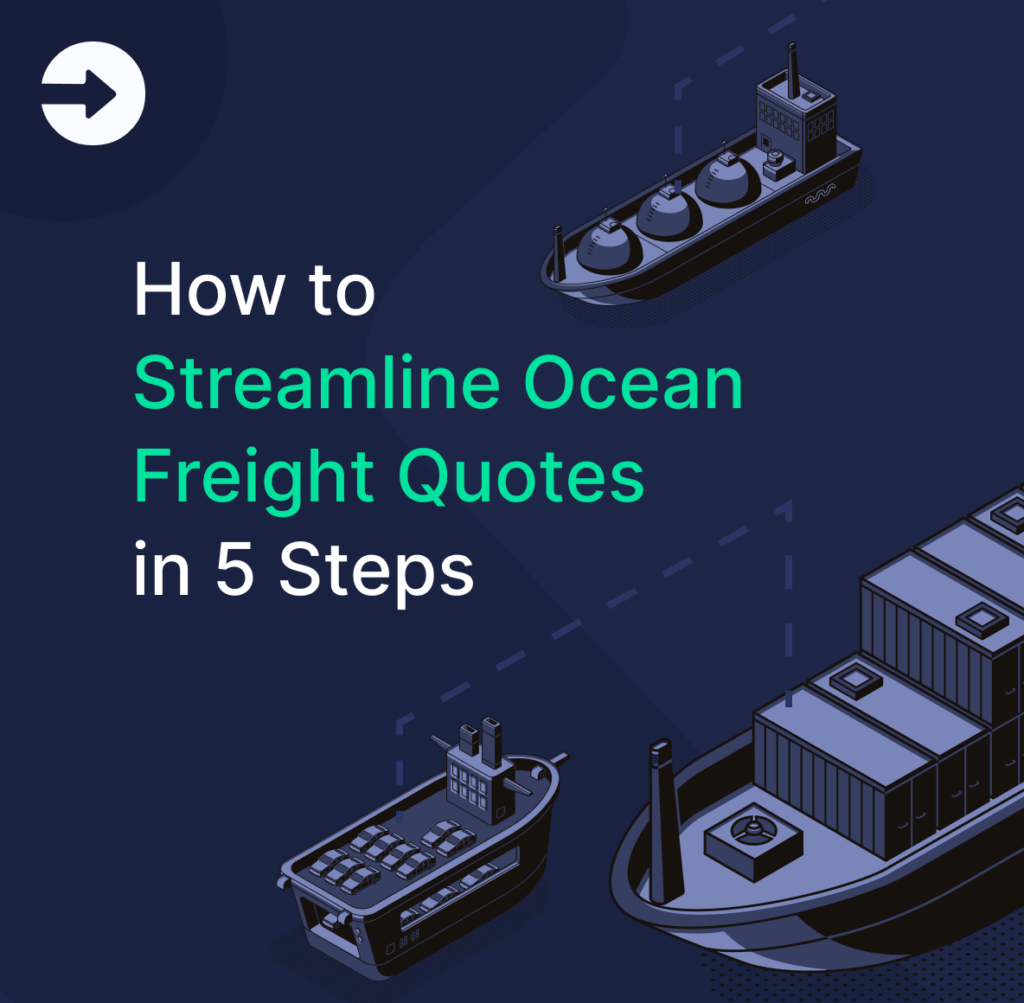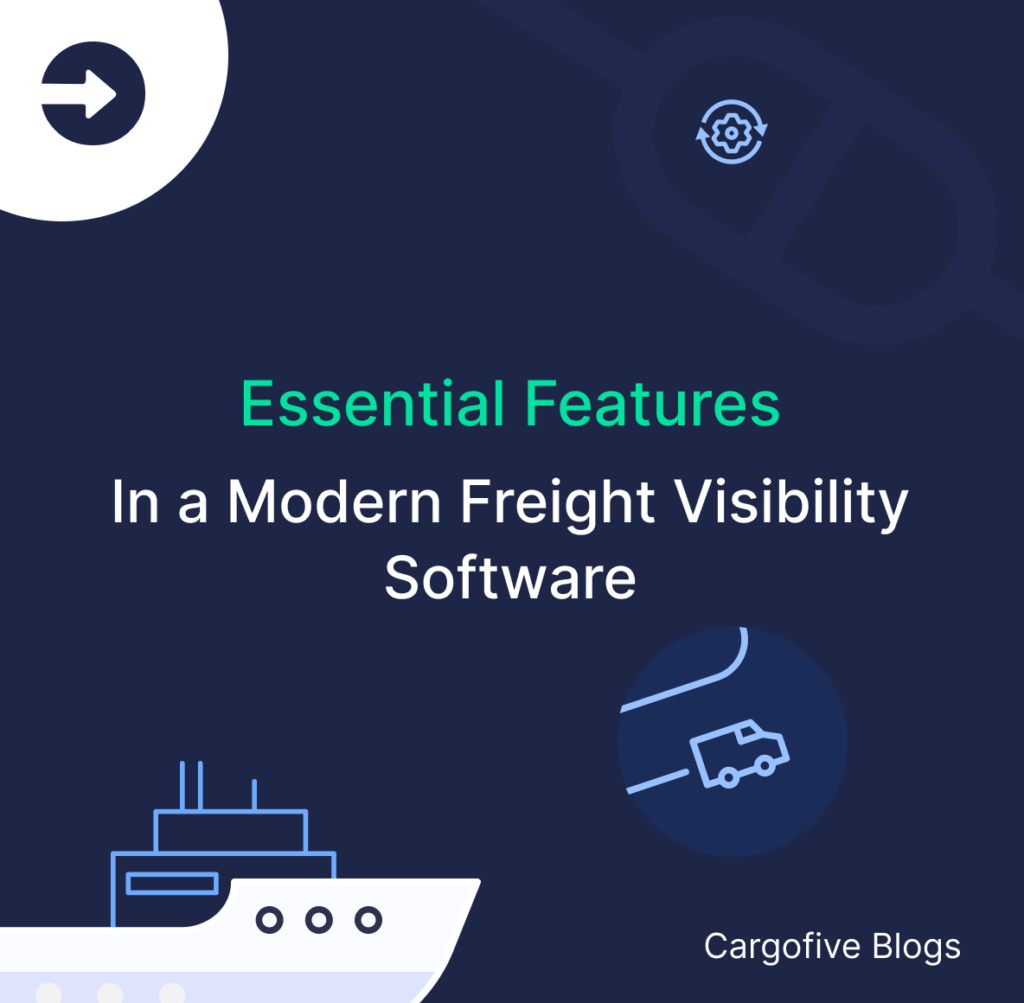Freight forwarders, ports and terminals, shipping lines and other companies involved in the global trade logistics are showing more and more interest about blockchain technology, its implementation, and its benefits. Do you want to know why?
With the growth of new technologies, almost every industry has been affected, positively speaking, by them. As it was expected, companies in the maritime transport business are using these technologies to reinvent themselves, stay at the forefront, as well as to be increasingly competitive in terms of service and experiences related to customers and suppliers.
The blockchain technology is gaining ground in this industry as it shows itself as a shielded, transparent and traceable system. It is through it that all of the supply chain players have access in real time and in strict order to the data, documents, customs payments, merchandise conditions, container weight, etc., since everything is digitized and automated in a system that doesn’t allow human errors.
This new technology operates as a chain that establishes the number of links required to carry a container from point A to point B. No one can manually alter this process; in order to make everything work properly, each link of that chain will depend on the good performance of the previous link.
Who is already using blockchain technology?
Many of the large and important companies related to global maritime trade have already started using blockchain technology throughout their operational logistics process. It is Maersk’s case, who took the first step into its implementation through TradeLens, a collaborative joint venture with IBM, which is operating since June 2018 and counts on more than 94 organizations as part of the blockchain supply chain. The goal is to speed up, as well as making more efficient and transparent the logistics service they offer. At the same time, they want to achieve a significant reduction in operating costs and response time, which leads to gaining confidence and customers.
Also, ports like Abu Dhabi, Antwerp (Belgium), Valencia (Spain), among others, including some in Latin America and the Caribbean, have begun to use this new technology as part of their evolution process towards the complete digitization and automation in the supply chain.
We live now in the era of Artificial Intelligence (AI), the IoT (internet of things), virtual reality and many other great technological advances. Therefore, if you are a freight forwarder or you’re related to international logistics, this is the time to move forward. There are many benefits to digitization and automation, and it surely will lead you to take over the sea too.
AUTHOR



